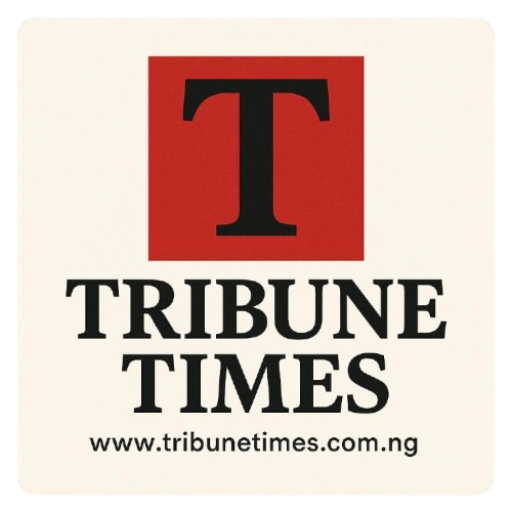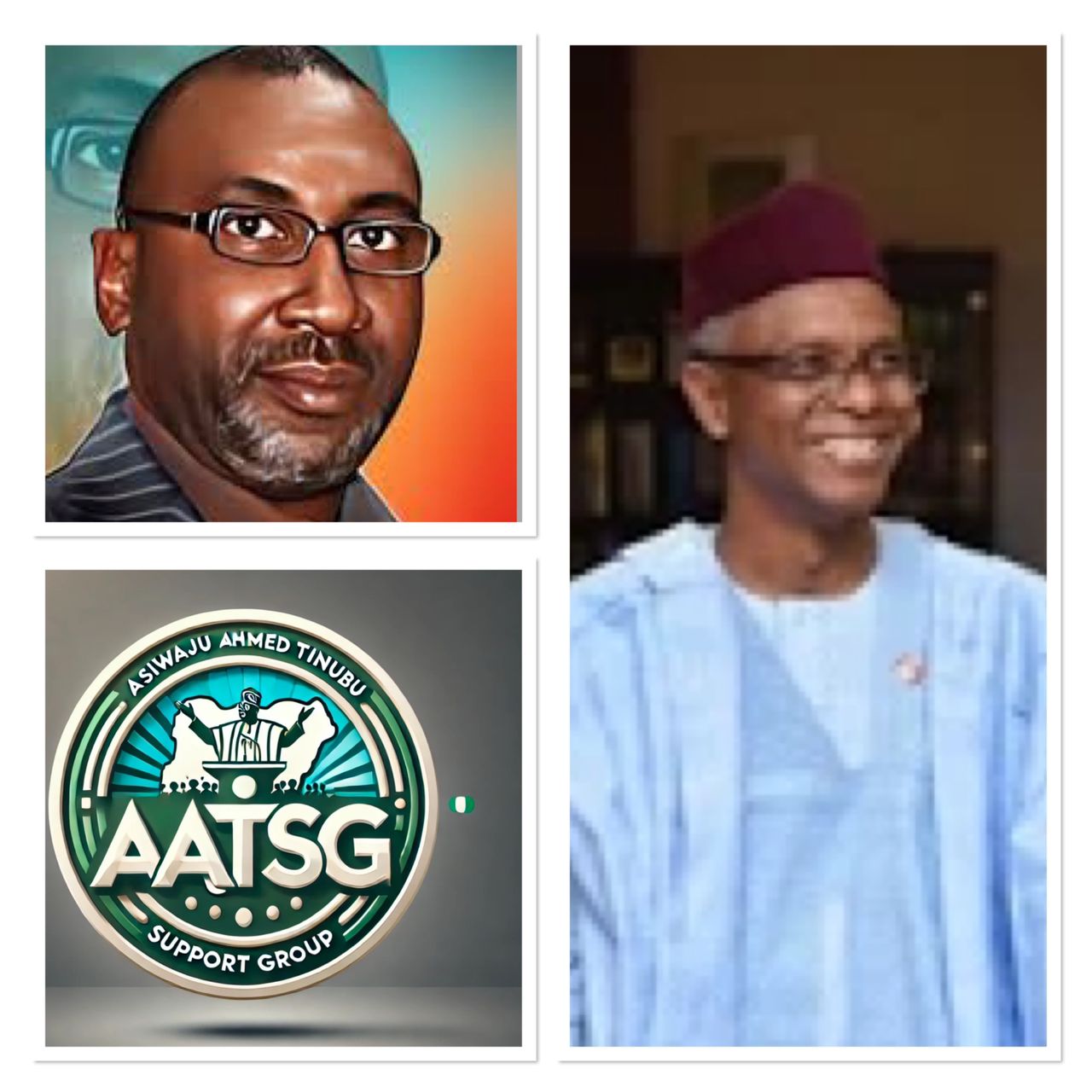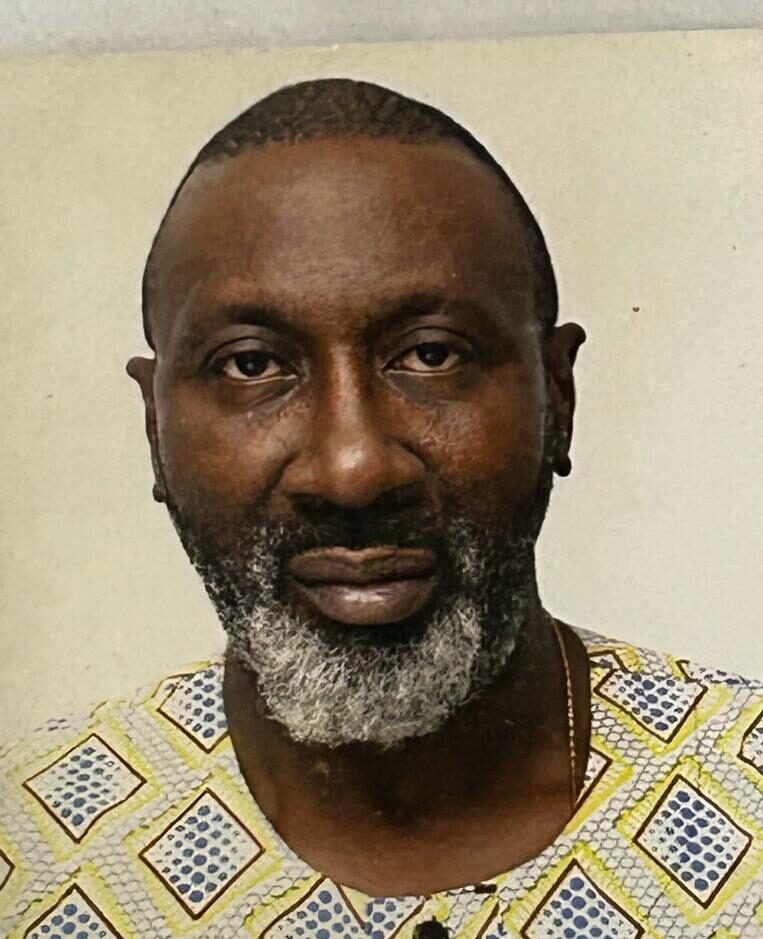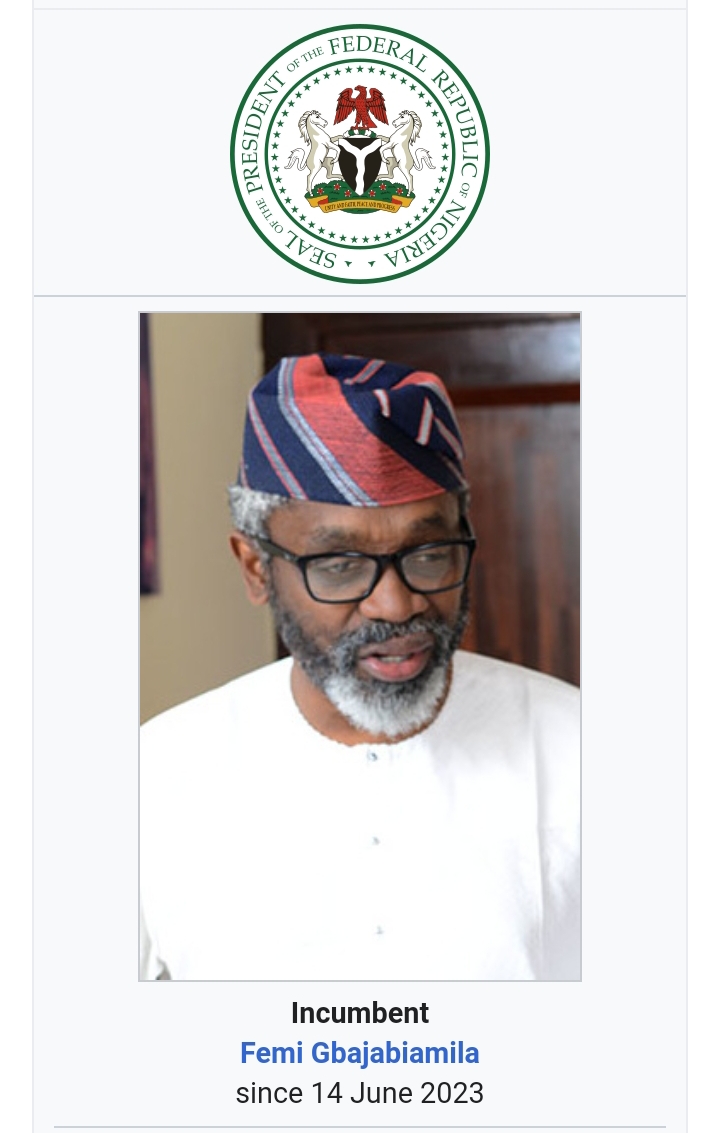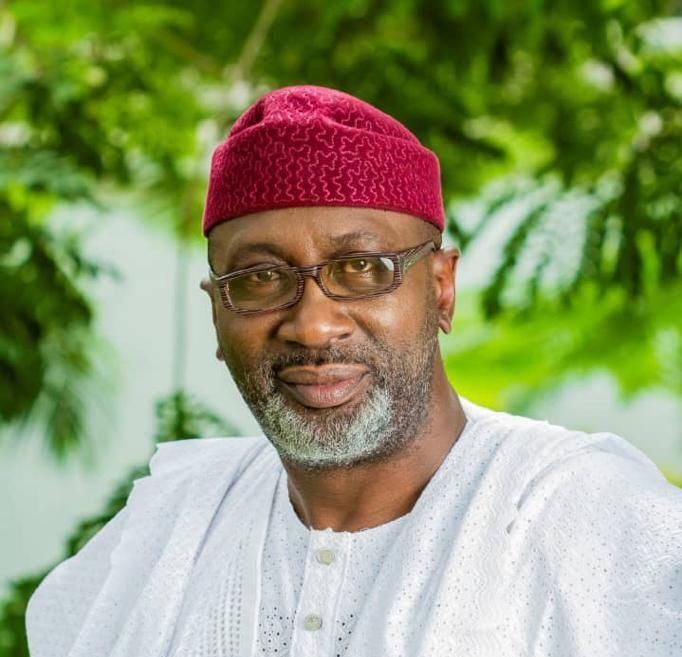By Abayomi Odunowo
This is a follow up to my ealier writeup in response to the unfounded allegations of Nasir El-Rufai on recent discussions about President Bola Tinubu’s administration, former Kaduna State Governor Nasir El-Rufai has drawn attention to an alleged Yorubacentric agenda. This accusation, suggesting favoritism towards the Yoruba ethnic group particularly in crucial sectors like the Nigerian National Petroleum Company Limited (NNPCL) and the financial sector, has stirred considerable debate. However, such claims complicate Nigeria’s already intricate socio-political landscape, risking the erosion of national unity amidst diverse ethnic identities. The core issue at hand is whether President Tinubu’s appointments truly reflect ethnic bias, or if they are instead an attempt to foster a more inclusive governance structure.
The heart of El-Rufai’s assertion is the belief that Tinubu’s administration is strategically advancing Yoruba interests at the expense of other ethnic groups. This narrative has been fueled by the president’s appointments and policy decisions, leading many to conclude that there may be a systematic bias in favor of the Southwest region. The gravity of this accusation cannot be underestimated; in a nation that has witnessed ethnic strife and division, the implications of such a narrative are potentially destabilizing. The concern is compounded by historical grievances that have fostered mistrust among Nigeria’s many ethnic groups. There exists a palpable fear that perpetuating such claims may deepen existing divides, undermining the collective efforts toward nation-building and social cohesion.
To address the allegations effectively, a thorough analysis of President Tinubu’s appointments and their composition reveals essential truths that counter El-Rufai’s claims. When scrutinizing the NNPCL board, one finds that out of nine members, only two are from the Southwest. This distribution points to a more nuanced representation than what is being publicly asserted. Moreover, the oversight in the petroleum sector is led predominantly by individuals from the South-South, including Minister of State for Petroleum Resources, Heineken Lokpobiri, also from the South-South.
Wider examinations of Nigeria’s top revenue-generating agencies further substantiate this argument. For example, the Nigerian Ports Authority is led by an individual from the Northeast, while the Federal Airports Authority has its leadership from the Southwest, thus illustrating the diverse representation within these critical sectors. This data not only dispels the notion of a Yorubacentric agenda but also reinforces the idea that the appointments made by President Tinubu reflect Nigeria’s ethnic diversity.
Historical precedent shows that claims of ethnic domination in political appointments have often arisen in Nigeria, especially during periods of administration transitions. Such allegations have been critiqued as politically motivated, aimed at galvanizing support among specific demographic groups while alienating others. Prior accusations regarding ethnic illegitimacy concentrated on the security sector, which, when analyzed, were similarly unfounded; a mere five out of twenty-one heads of security and law enforcement agencies hail from the Southwest.
These findings assert that the current administration is not unique in its composition, but rather part of a broader, ongoing narrative characterized by diversity and inclusivity. If anything, Tinubu’s appointments reflect a commitment to broad-based governance that recognizes all regions, rather than a narrow focus on one ethnic group.
Therefore, leaders and citizens alike must advocate for discourse rooted in factual analysis rather than sweeping generalizations or inflammatory rhetoric. The economy of Nigeria is facing challenges that require concerted efforts across regions and ethnic backgrounds. Constructive dialogue and data-driven assessments of governance should replace narratives that fan the flames of division. It is essential to foster a political environment where inclusivity is celebrated while holding leaders accountable to all Nigerians, irrespective of ethnicity.
The allegations positioning President Tinubu’s administration as Yorubacentric are not only misleading but potentially harmful to the fabric of Nigerian society. Such assertions distort the reality of ethnic diversity in leadership appointments and distract from the more pressing issues facing the nation at large. The claims made by El-Rufai and others like him should therefore be approached critically, grounded in empirical evidence. As a nation, there is a greater need for unity and collaborative discourse—one that prioritizes truth and collective progress over divisive narratives. Emphasizing the facts surrounding ethnic representation in governance will ultimately yield a stronger and more harmonious Nigeria, capable of overcoming its challenges together.
Otunba Abdulfalil Abayomi Odunowo
National Chairman AATSG
Email: [email protected]
Mobile: +2349053535322
AATSG Media.
URL: www.AATSG.org.ng
WhatsApp Channel: https://whatsapp.com/channel/0029VadcNX21NCrRShw4S33A
AATSG OFFICIAL
https://play.google.com/store/apps/details?id=com.slim.aatsg
AATSGiD
https://play.google.com/store/apps/details?id=com.myid.aatsgid
